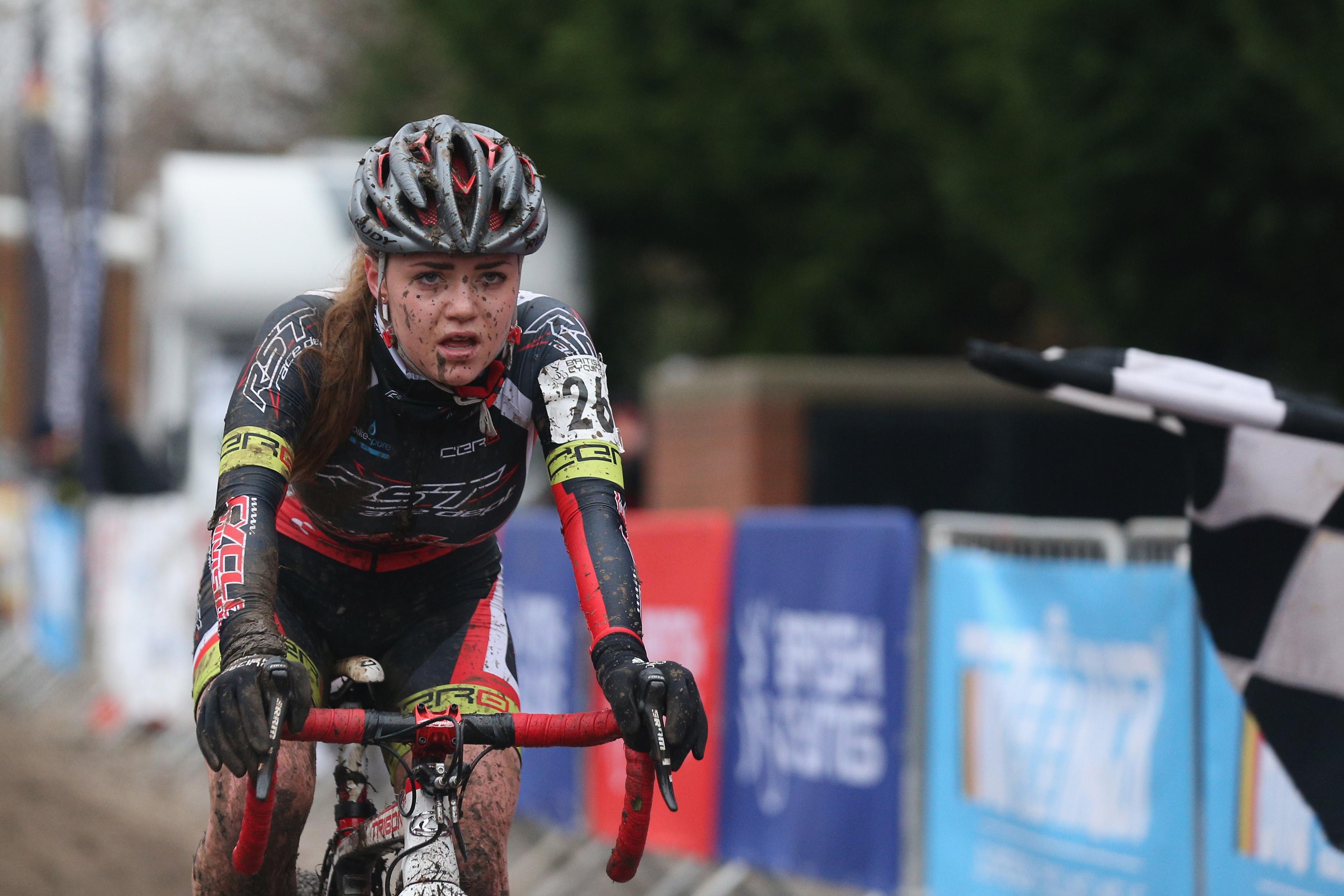“Women’s cycling doesn’t have the same air of glamour that the men’s scene has,” British Olympic cycling champion Victoria Pendleton told the Telegraph last July, unfortunately stating the obvious. “It must be heartbreaking for female road racers to see men getting so much more.” One teeny tiny pedal forward: The Tour de France announced last week that it will host a daylong competition for women on July 27, 2014. They’re calling it “La Course by Le Tour de France,” and it will swing down the final leg of the traditional Tour—the one on the Champs-Elysees—hours before the men arrive to clinch their three-week contest.
Founded 110 years ago, the Tour de France has built up a resolutely macho reputation (cheating is macho, right?). And though women seem to have embraced cycling as recreation (obligatory reference to SoulCycle here), competitive racing remains an overwhelmingly male zone—with the few lady events that get off the ground sporting a pinkified sheen. In 2011, a group of female cyclists from the UK founded Cycletta, a girls-only bike ride “taking in stunning scenery” across the British countryside and “held in a relaxed and inclusive environment.” (The route also features “spa pit-stops.”) Similar ventures across Europe have collapsed due to “poor funding and promotion,” reports the Huffington Post.
Women’s cycling had a brief heyday in the ‘80s, thanks to a multi-day event originally billed as the Tour de France Feminin. (In 1998, a legal skirmish with the actual Tour forced organizers to change the name to The Grande Boucle, or “great loop.”) But the contest suffered from a lack of sponsorship: It could only schedule its legs in cities that contributed funding, resulting in less-than-ideal terrain and long gaps between stages. Never very robust, the tour limped into the early aughts and was finally discontinued in 2009.
Then, of course, there’s the Olympics and the ICU Road World Championships, but neither of these has quite the luster of the Tour. So last summer, a group of female cyclists, including the Netherlands’ Marianne Vos and the UK’s Emma Pooley, petitioned the International Cycling Union to create a women’s race corresponding to the French mainstay. Though La Course only covers a fraction of the Tour’s distance, Vos claimed in a statement that she was “delighted” at the ICU’s announcement Saturday: “I am particularly happy to take part, especially thinking about the majestic finish on the Champs-Elysées… The birth of this race is a revolutionary development in our sport,” she said.
Well, progress is progress, so félicitations to the ICU for creating a woman’s event. Though the timing of La Course and its abbreviated length does make it seem more like a token than the real deal, let’s hope the increased exposure—the new contest will air live on France Television and Eurosport—leads to more competitive cycling races for women in the future. Oh, and a quick reminder that cycling isn’t the only form of transportation dealing with gender bias: We just learned this week that car mama and GM CEO Mary Barra makes half of what her male predecessor did.
Update, Feb. 6, 2014: This post has been updated to reflect the fact that a race informally known as the women’s Tour de France did exist for two decades before a lack of sponsors and general interest shuttered it.
